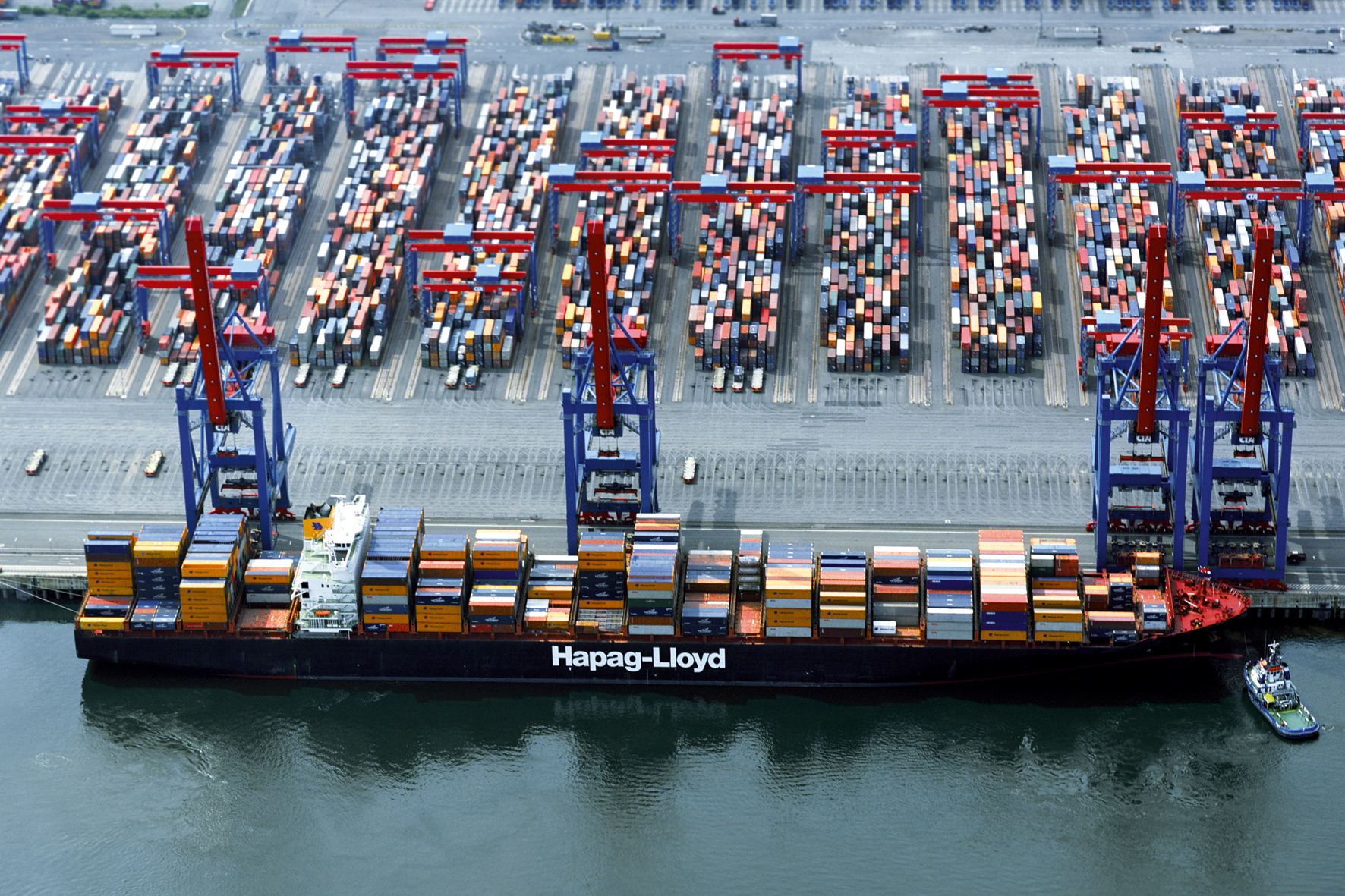
Welcome to this month’s shipping and logistics update, where we provide key insights into the latest developments affecting global supply chains of the moving industry. As we navigate shifting costs, potential labour disruptions, and global conflicts, staying informed is critical to managing risk and ensuring smooth operations. Read on for the latest news impacting your business.
Market disruption and realignment
Shipping lines continue to adjust operations under new global alliances, including the Gemini Cooperation and the Premier Alliance. These changes are leading to unpredictable schedules, rerouted vessels, and increased delays. Services from Europe to the US are now primarily routed via Southampton, while shipments to Asia and Oceania are still avoiding the Suez Canal, traveling instead around the Cape of Good Hope – adding significant transit time.
Delays and transit time variability
Transit times have become increasingly inconsistent. For example, shipments from Southampton to Sydney are now taking between 56 and 89 days, depending on the vessel and schedule. High congestion at ports like London Gateway and key transshipment points in Asia is causing frequent rollovers, often multiple times per container.
Delays are especially severe for:
- Middle East shipments, due to reduced port calls and overbooked services.
- Oceania routes, with repeated rollovers and port congestion
- North America services, which remain oversubscribed due to reduced capacity
Rising surcharges and cost variability
Shippers are experiencing a range of new or increased charges:
- Bunkering surcharges up to USD350 per container
- Currency exchange rate adjustments between quote and actual shipment
- Sudden routing changes or cancelled sailings, triggering cost increases
- New EU ISC2 documentation rules requiring more personal shipper data
In addition, political uncertainty surrounding trade tariffs – amplified by recent remarks from Donald Trump about reasserting U.S. control over the Panama Canal – continues to influence trade flows and rate volatility.
Lithium-Ion battery restrictions
Li-ion batteries are increasingly restricted due to fire risks. Some shipping lines reject shipments containing these batteries, while others accept them only as hazardous cargo with special documentation and fees. Items affected include e-scooters, cordless tools, laptops, and e-bikes. Failure to declare such items can result in fines up to USD30,000 or confiscation.
Recommendation: Do not include lithium batteries in your shipment unless absolutely necessary, and always notify your mover in advance.
Russian passport restrictions
ONE LINE has announced it will no longer carry personal effects shipments for individuals holding Russian passports. Other lines may follow suit. If relevant, verify carrier acceptance policies before booking to avoid shipment refusal or storage penalties.
UK haulage and loading practices
The UK driver shortage has improved, with most lines withdrawing driver surcharges. However, container hauliers now prefer collecting from movers’ warehouses due to fewer delays and easier access – especially in busy urban areas. Direct-to-residence loading is still possible but more prone to last-minute issues.











